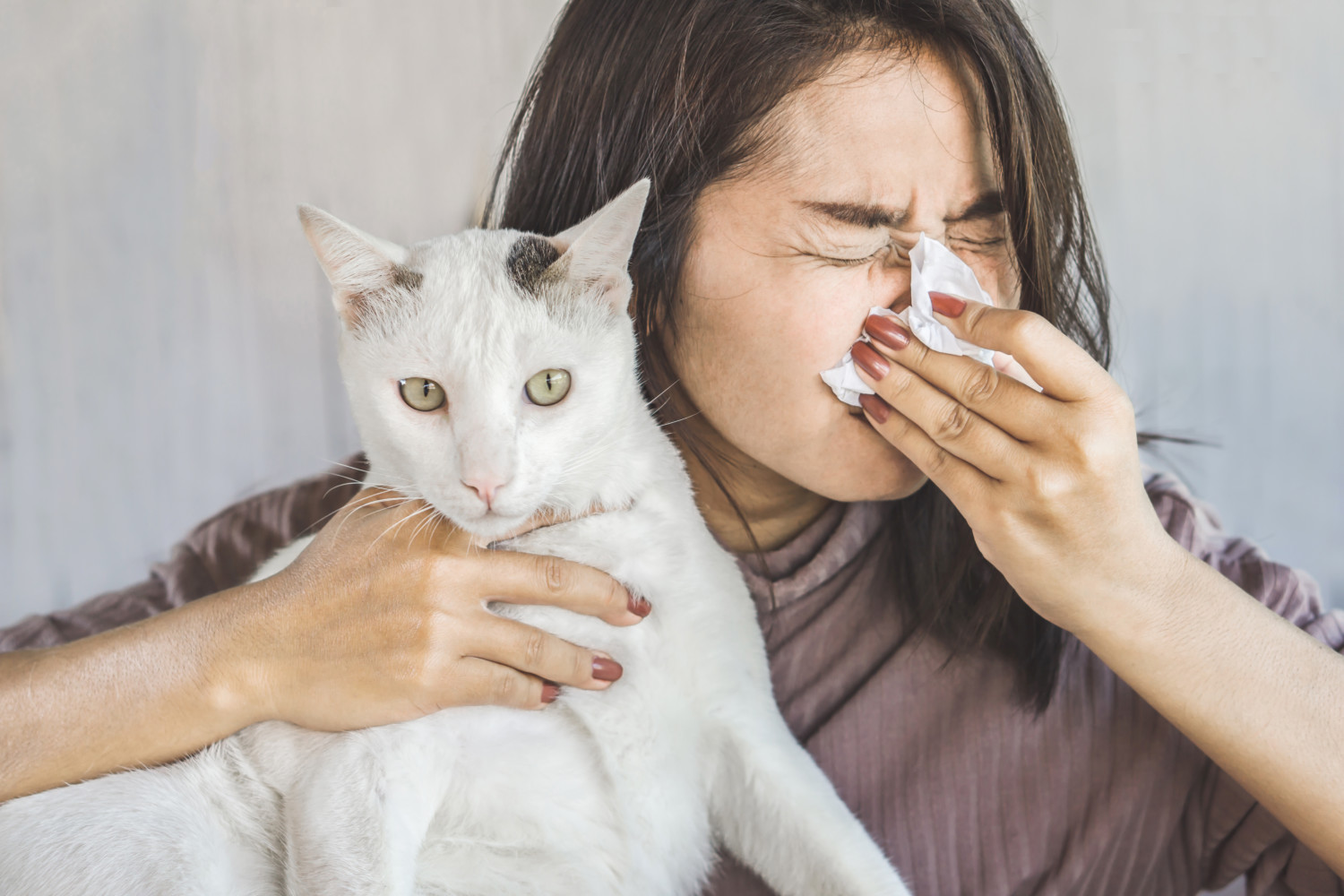 Source: bing.com
Source: bing.comTable of Contents
Introduction
Are you a cat lover who is expecting a baby? Or maybe you have a newborn and you also have a furry feline friend at home? If so, you might be wondering at what age babies develop allergies to cats. The good news is that not all babies will develop an allergy to cats, but for those who do, it can be a real challenge. In this article, we’ll explore the topic of when do babies develop allergies to cats and what you can do if your baby is affected.
What Causes Cat Allergies?
Firstly, let’s take a look at what causes cat allergies. Cat allergies are caused by an overreaction of the immune system to the proteins found in a cat’s saliva, urine, and dander (tiny flakes of skin). When a baby with a sensitivity to these proteins comes into contact with a cat, their immune system releases histamines, which can cause a range of symptoms.
When Do Babies Develop Allergies To Cats?
There is no set age for when babies develop allergies to cats. Some babies may have a reaction as young as a few months old, while others may not show any signs until they are toddlers. In fact, some children may not develop allergies until they are adults. It’s worth noting that just because a baby has been exposed to cats and doesn’t have an immediate reaction, it doesn’t mean they won’t develop an allergy at a later stage.
What Are The Symptoms Of Cat Allergies In Babies?
If your baby has a cat allergy, they may experience a range of symptoms. These can include:
- Itchy, watery eyes
- Runny or stuffy nose
- Sneezing
- Coughing
- Wheezing or difficulty breathing
- Skin rash or hives
- Itchy skin
If your baby is having trouble breathing or they have swelling around their mouth or throat, seek medical attention immediately as this could be a sign of a severe allergic reaction.
What Can You Do If Your Baby Is Allergic To Cats?
If your baby is allergic to cats, there are several things you can do to help manage their symptoms. Firstly, try to keep your baby away from cats as much as possible. This may mean not having a cat in your home, or keeping your cat in a separate room away from your baby. You can also try using a HEPA air filter to help remove cat allergens from the air.If you do have a cat, there are some steps you can take to reduce the amount of allergens they produce. Regularly brush your cat to remove loose fur and dander, and wash your cat’s bedding and toys regularly. You can also use special wipes to clean your cat’s fur, which can help to reduce the amount of allergens they produce.
Conclusion
In summary, there is no set age for when babies develop allergies to cats. Some babies may have a reaction as young as a few months old, while others may not show any signs until they are toddlers or even adults. If your baby does have a cat allergy, there are several things you can do to help manage their symptoms, including keeping your baby away from cats as much as possible and reducing the amount of allergens your cat produces.If you’re concerned that your baby may have a cat allergy, speak to your doctor or allergist for advice.
Frequently Asked Questions
Q: Can a baby outgrow a cat allergy?
A: It is possible for a baby to outgrow a cat allergy, although this is not always the case. Some babies may outgrow their allergy by the time they are toddlers, while others may continue to have allergies throughout their life.
Q: How can I tell if my baby is allergic to cats?
A: If your baby has a cat allergy, they may experience symptoms such as itchy, watery eyes, a runny or stuffy nose, and sneezing. They may also experience coughing, wheezing, or difficulty breathing.
Q: Can I still have a cat if my baby is allergic?
A: It is possible to still have a cat if your baby is allergic, although you will need to take steps to manage their symptoms. This may include keeping your cat in a separate room away from your baby, or using a HEPA air filter to help remove cat allergens from the air.
Q: Can I give my baby medication for their cat allergy?
A: It is not recommended to give medication to babies for their cat allergy without first consulting a doctor. Your doctor may recommend over-the-counter or prescription medication to help manage your baby’s symptoms.
Q: What can I do to reduce the amount of cat allergens in my home?
A: You can reduce the amount of cat allergens in your home by regularly brushing your cat to remove loose fur and dander, washing your cat’s bedding and toys regularly, and using special wipes to clean your cat’s fur. You can also use a HEPA air filter to help remove cat allergens from the air.
